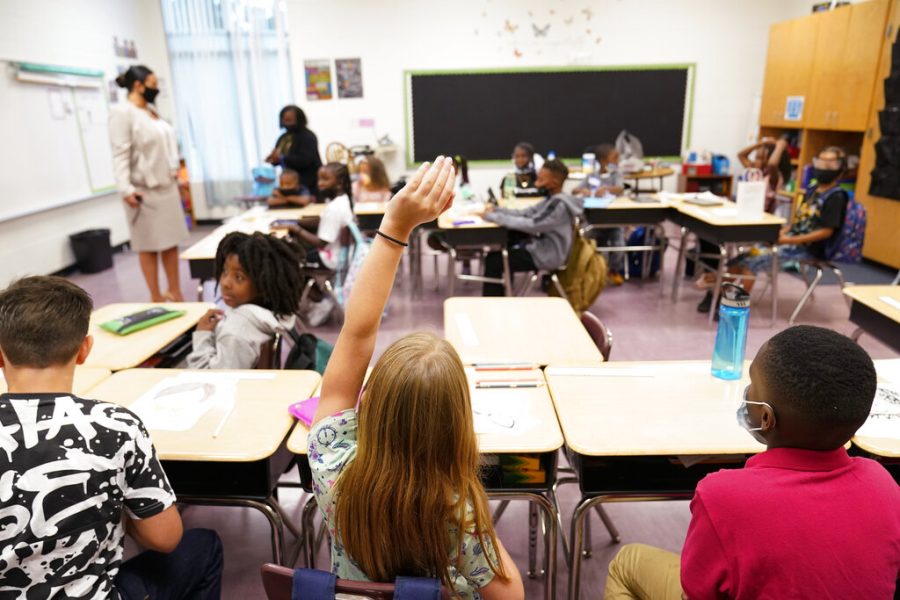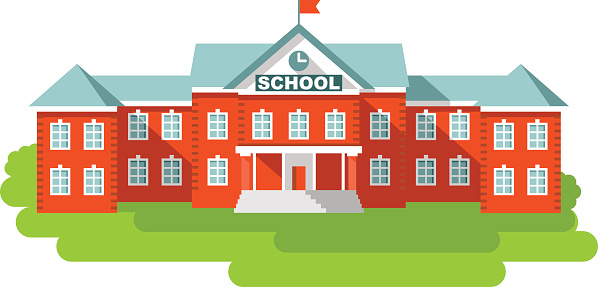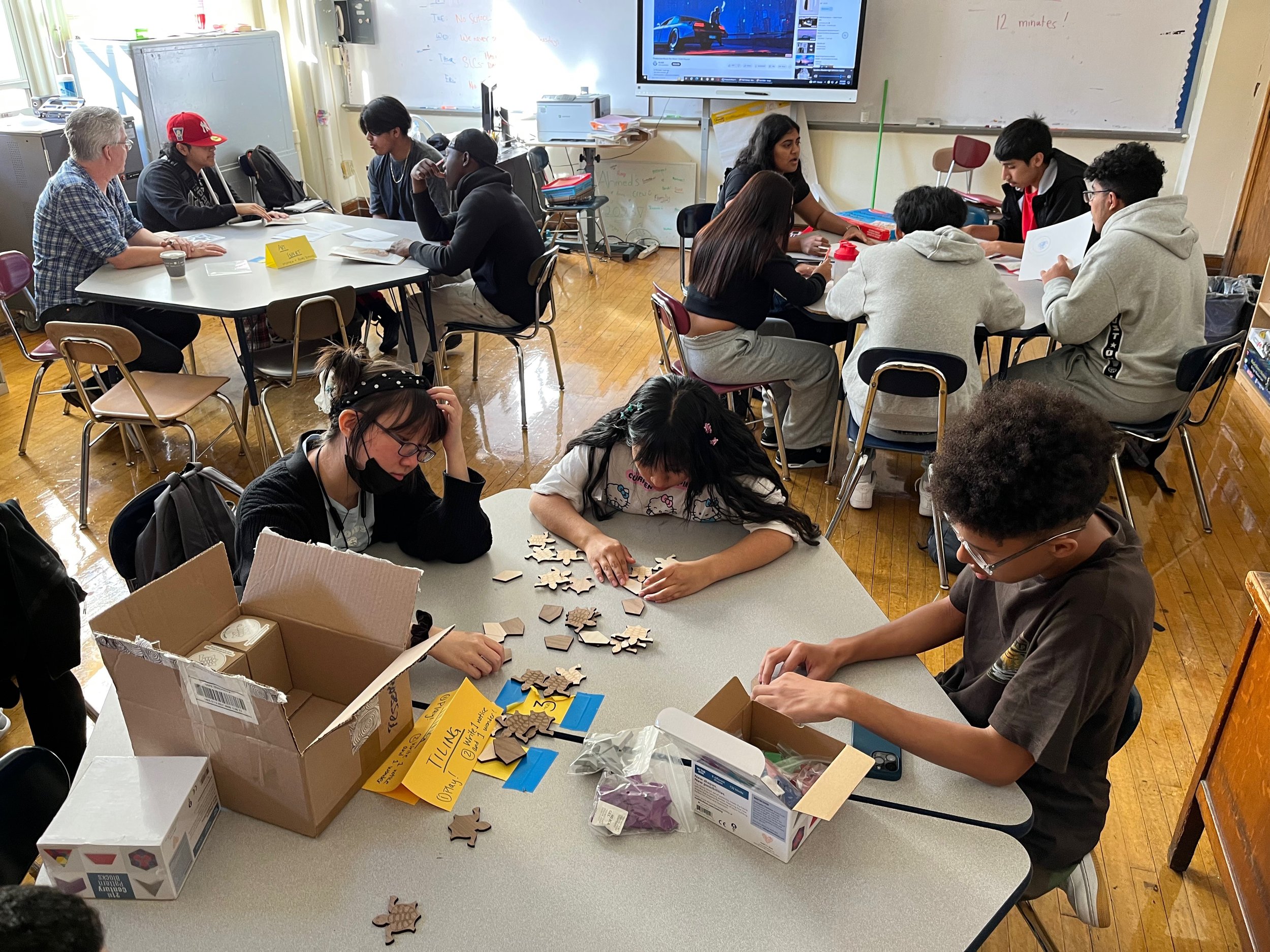The Influence of Institution Environments on Academic Success and Personal Well-Being
The institution atmosphere substantially affects both scholastic success and personal well-being, encompassing aspects such as physical design, classroom ambience, and social dynamics. The design of academic spaces, including all-natural illumination and ergonomic furnishings, can enhance students' concentration and convenience. The quality of teacher-student relationships and the nature of peer interactions play crucial functions in cultivating an atmosphere favorable to finding out and emotional assistance. Understanding just how these different variables interplay to shape student outcomes increases crucial questions concerning optimizing educational settings for holistic development. How can institutions tactically enhance these aspects to much better sustain their students?
Physical Design and Layout
How does the physical format and design of a school influence academic success? The arrangement and aesthetic of a school environment can considerably influence pupils' knowing end results.
Natural illumination and efficient ventilation systems are critical in boosting cognitive function and decreasing absenteeism. Studies have revealed that class with adequate natural light improve student concentration and lower sensations of drowsiness. Additionally, ergonomic furnishings tailored to pupils' requirements can prevent physical pain, permitting for long term focus and interaction in scholastic activities.
Access to exterior spaces and visually pleasing surroundings likewise play a crucial role - Save Temecula Schools. Environment-friendly areas and properly maintained school grounds offer chances for exercise and psychological relaxation, both of which are necessary for preserving high levels of academic performance. Essentially, an attentively designed physical environment can offer as a catalyst for scholastic excellence, fostering an ambience that supports both teaching and learning
Class Ambience
A setting that cultivates a sense of safety and security, inclusivity, and mutual respect urges trainees to involve even more actively in their knowing processes. The ambiance of a classroom, including elements such as lighting, noise levels, and seating arrangements, can significantly impact student concentration and motivation.
Furthermore, the classroom environment ought to sustain a society of partnership and open interaction. They are a lot more most likely to engage deeply with the material and establish essential thinking skills when students feel comfortable expressing their concepts and asking inquiries. Peer communications and team tasks can boost learning by fostering and offering varied viewpoints synergy
In addition, developing clear expectations and regular regimens can create an organized setting that allows trainees to focus on their research studies. By decreasing unpredictability and giving a foreseeable framework, students can much better handle their time and obligations. Inevitably, a favorable class environment not only enhances scholastic efficiency yet likewise contributes to the total wellness of students, preparing them for future instructional and individual ventures.
Teacher-Student Relationships
Building on the significance of a favorable classroom atmosphere, the relationships in between trainees and instructors play a pivotal duty in shaping scholastic success. A healthy teacher-student connection cultivates a finding out environment where trainees feel valued, recognized, and sustained, which significantly enhances their motivation and engagement. When pupils regard their educators as empathetic and approachable, they are most likely to get involved proactively in class and seek aid when required, adding to a much deeper understanding of the topic.

Efficient interaction is crucial to nurturing these relationships. Teachers that utilize open, respectful, and consistent interaction produce a foundation of trust fund. This trust allows trainees to express their issues and concepts freely, promoting a collaborative learning environment. Essentially, visit this site strong teacher-student partnerships are a keystone of educational success, playing a vital duty in both scholastic success and individual advancement.
Peer Interactions
Peer communications significantly influence scholastic success by shaping a pupil's cognitive and social growth. Within the school setting, peer partnerships function as a foundational component for finding out and individual growth. Favorable peer communications can enhance a pupil's motivation and engagement in academic tasks with joint understanding and common support. When trainees function with each other in group setups, they exchange concepts, resolve problems collectively, and develop important assuming abilities. Such communications cultivate a feeling of belonging and community, which is crucial for psychological health and academic perseverance.

Reliable peer communications also add to the advancement of necessary life skills, such as cooperation, interaction, and problem resolution. These social expertises are crucial for both academic success and personal health, emphasizing the relevance of promoting favorable peer dynamics within the college environment.
Extracurricular Activities
Engaging in extracurricular activities plays a crucial duty in a pupil's academic success and personal advancement. These tasks, varying from sports teams to dispute clubs, offer pupils possibilities to develop useful skills such as leadership, time management, and team effort. Research consistently shows that trainees who take part in extracurricular activities often tend to attain greater academic performance. This relationship is typically associated to the structured environment and the discipline needed to balance both extracurricular and scholastic commitments.
Moreover, extracurricular participation promotes a feeling of belonging and area, which is important for personal health. Participating in group tasks permits trainees to construct and strengthen socials media, boosting their Clicking Here psychological and social knowledge. These communications are crucial for establishing interpersonal skills that are beneficial in both academic and future specialist atmospheres.
Additionally, after-school activities give a positive outlet for trainees to explore their interests and interests past the standard educational program. This expedition can bring about the exploration of new talents and potential occupation courses, additionally motivating students to involve more deeply in their academic work. Finally, the function of after-school activities extends past mere recreation; they are integral to fostering an alternative educational experience that promotes both academic success and personal growth.
Final Thought
Altogether, the influence of college environments on both scholastic success and individual well-being is profound. Attentively developed physical designs and class, in addition to favorable teacher-student connections and constructive peer communications, significantly boost trainee inspiration and engagement. The presence of helpful teachers can minimize anxiety, cultivating a nurturing ambience conducive to holistic advancement. These components collectively emphasize the relevance of producing and maintaining optimum institution atmospheres for the benefit of trainees' academic and personal development.
Inevitably, a positive class atmosphere not only enhances scholastic performance but also adds to the overall well-being of pupils, preparing them for future educational and personal endeavors.
